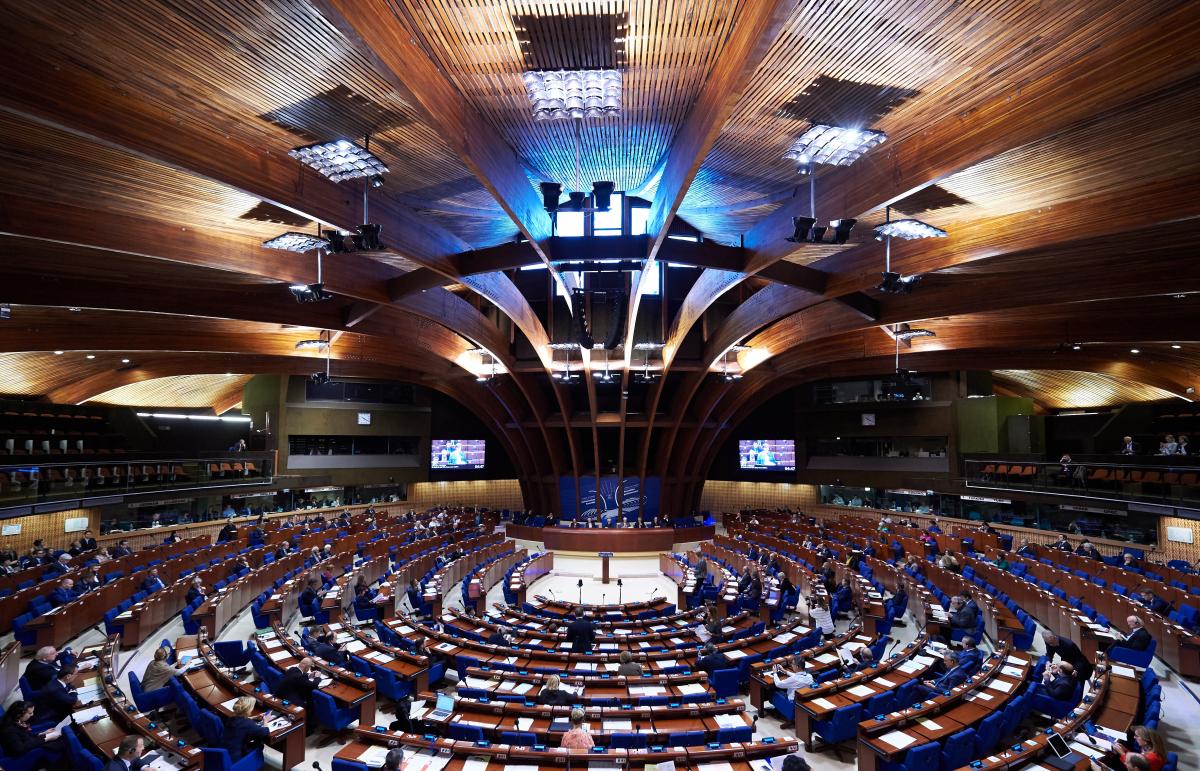
The PACE decision to return to Russia its voting rights was a mistake because Russia never ceased violating human rights and continues to incite new conflicts. In Ukraine's east, people are being killed while Minsk Agreements are not being fulfilled. Against this backdrop, the Council of Europe decides that Russia must be able to speak at the Assembly, just like other member states.
"Ukraine is furious and says: 'While they are killing in the Donbas and showing no respect for the rule of law, they are now again entitled to vote in an organization that must protect precisely those norms and values. That way you cannot exercise credible human rights protection'. I agree," Dutch expert Katlijn Malfliet told NRC.
She recognizes that maintaining dialogue with Russia is important.
Read alsoSeven delegations leave PACE session hall in demarche over Russia's reinstatement
"But you also have to know that Russia is a Trojan horse in that assembly, damn it. We are far too convinced of: 'Oh, we can talk to each other.' No, Russia works systemically. In fact, through social media and so on, they can now live up to their international diplomacy and disinformation skills even better than before. We need to talk to Russia in a way that we do not underestimate that it is the largest country in the world, that they have a long-term strategy that is at least hegemonic and that we know, look, okay, you have to talk to Russia, but you must know that it is also very important to protect our European values and standards. Because they are being threatened, " the expert says.
She believes Moscow's goal is "to create uncertainty about European policy."
"Of course, there is also the safety problem. Moscow asks whether NATO can still support Europe in defense. The intention is to undermine the legitimacy and support of all those institutions and to expand Russian influence in Europe," the expert says.
Giving Russians back their voting rights in the PACE "gives them the free hand to be hegemonic."
Read alsoUkraine's Foreign Minister Klimkin: "Europe's betrayal hurts all of us"
It is possible that Russia might look out for the Baltic states through reaching out to compatriots, claiming that it is going to "protect the Russians there."
"Russia will continue. From 2012 Putin said, look, now I am going to focus on abroad. The intention is to further shape the Eurasia concept. That means expansion of power in neighboring countries," the expert noted.
"I expected that they would incorporate South Ossetia and Abkhazia, in the same way as Crimea, through a referendum. Or Transnistria. You do not know. They are unpredictable. But it is clear that they have a long-term strategy on hegemonic thinking with regard to the near abroad," Katlijn Malfliet concludes.

